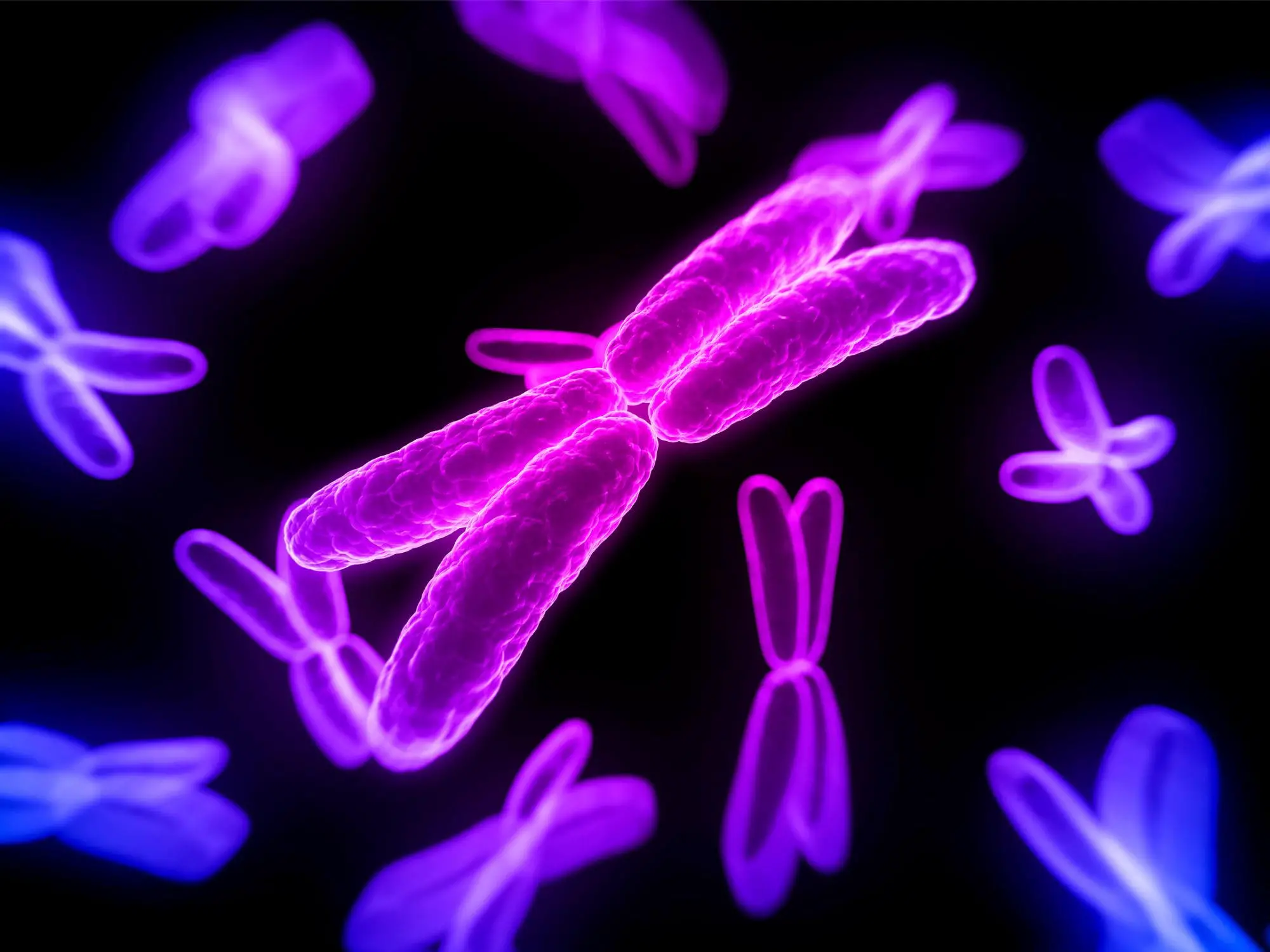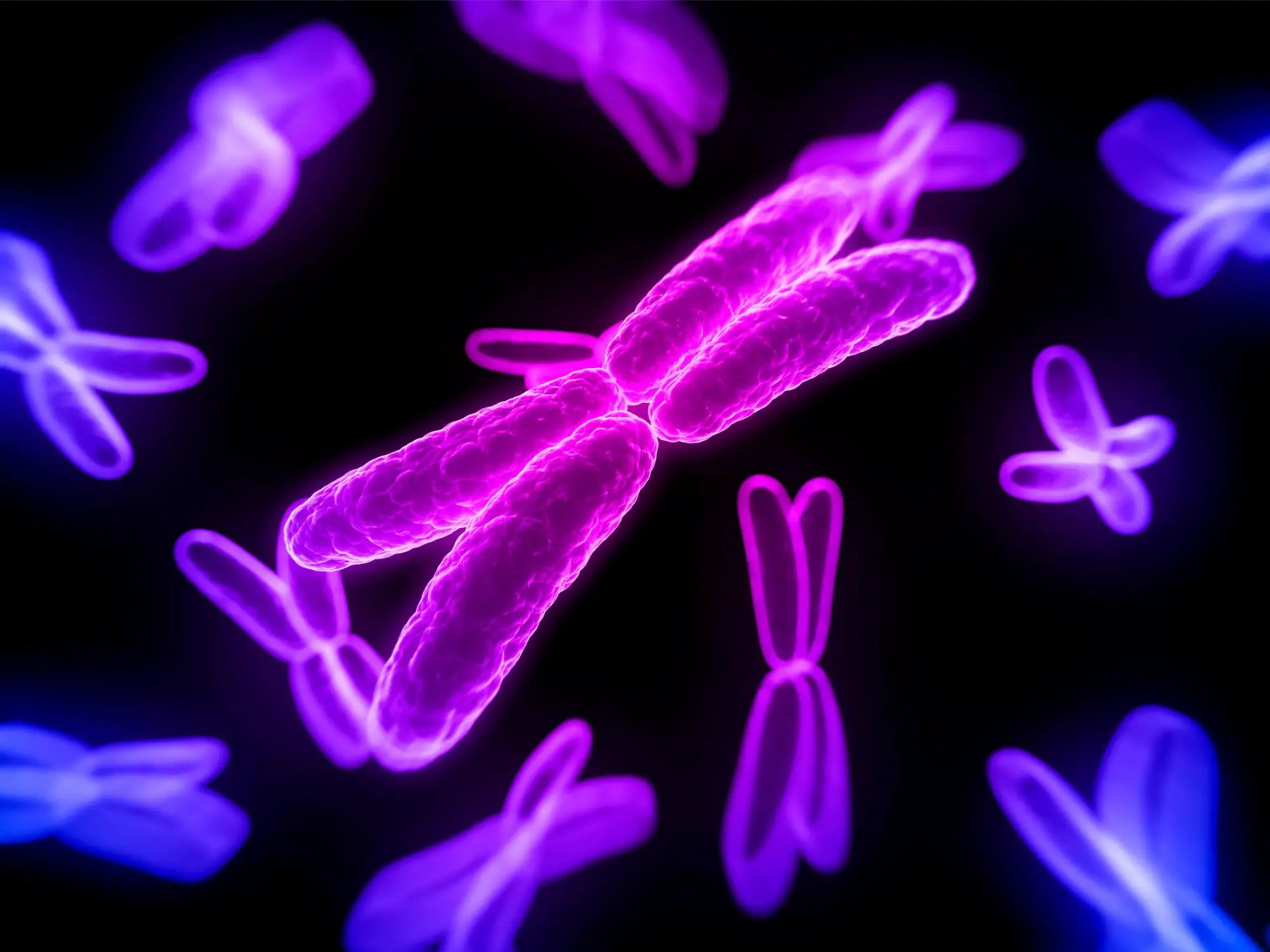

A new study suggests that a gene linked to an additional X chromosome may be responsible for the milder symptoms of viral infections observed in females.
For a long time, it has been known that viral infections can be more severe in males than females, but the question as to why has remained a mystery – until possibly now. The answer may lie in an epigenetic regulator that enhances the function of specific anti-viral immune cells, referred to as natural killer (NK) cells.
A research team from UCLA has recently published a study in the peer-reviewed journal Nature Immunology. The study revealed that female mice and humans possess an additional copy of a gene called UTX, which is linked to the X chromosome. UTX functions as an epigenetic regulator that enhances the anti-viral function of NK cells while suppressing their numbers.
“While it is well-known that males have more NK cells compared to females, we did not understand why the increased number of NK cells was not more protective during viral infections. It turns out that females have more UTX in their NK cells than do males, which allows them to fight viral infections more efficiently,” said co-senior author Dr. Maureen Su, professor of microbiology immunology and molecular genetics, and of pediatrics, at the David Geffen School of Medicine at UCLA.
The researchers noted that this held true whether or not the mice had gonads (ovaries in females; testes in males), indicating that the observed trait was not linked to hormones. Furthermore, female mice with lower UTX expression had more NK cells which were not as capable of controlling viral infection.
“This implicates UTX as a critical molecular determinant of sex differences in NK cells,” said the study’s lead author Mandy Cheng, graduate student in molecular biology at UCLA.
The findings suggest that therapies involving immune responses need to move beyond a “one-size-fits-all” approach and toward a precision medicine model, also known as personalized medicine, that tailors treatments that take into account people’s individual differences, such as genetics, environment and other factors that influence health and disease risk, the researchers write.
“Given the recent excitement with using NK cells in the clinic, we will need to incorporate sex as a biological factor in treatment decisions and immunotherapy design,” said co-senior author Tim O’Sullivan, assistant professor of microbiology, immunology and molecular genetics at the Geffen School.
Reference: “The X-linked epigenetic regulator UTX controls NK cell-intrinsic sex differences” by Mandy I. Cheng, Joey H. Li, Luke Riggan, Bryan Chen, Rana Yakhshi Tafti, Scott Chin, Feiyang Ma, Matteo Pellegrini, Haley Hrncir, Arthur P. Arnold, Timothy E. O’Sullivan and Maureen A. Su, 16 March 2023, Nature Immunology.
DOI: 10.1038/s41590-023-01463-8
The study was funded by the National Institutes of Health, the National Institute of Arthritis and Musculoskeletal and Skin Diseases, UC CRCC, UCLA CFAR, the Department of Defense, Ruth L. Kirschstein National Research Service Awards, the National Organization of Rare Diseases, Whitcome Fellowship from the Molecular Biology Institute at UCLA, and the Warsaw Fellowship from the UCLA Department of Microbiology, Immunology, and Molecular Genetics.

